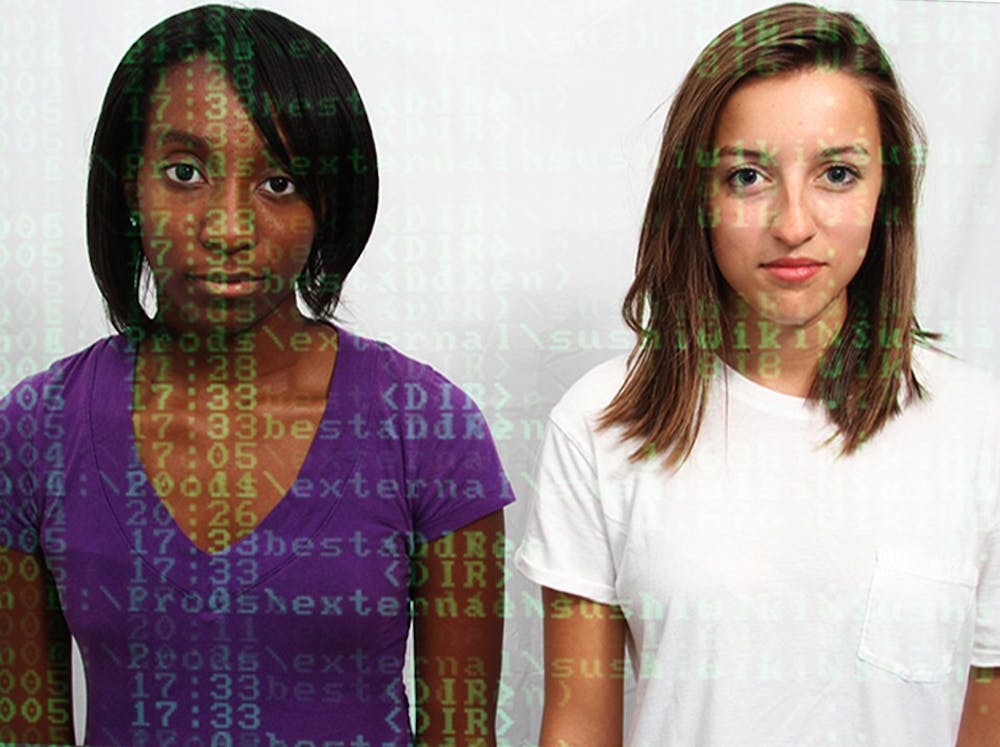CORRECTION: Due to a reporting error, an earlier version of this story misquoted Ashlee Edwards as saying she was the only woman or person of color in her graduate class. She is not the only woman or person of color in her graduate class. The Daily Tar Heel apologizes for the error.
When people think of typical forms of expression, they might think of a pen, typewriter or paintbrush.
But when journalism professor Tori Ekstrand imagines freedom of expression, she also sees computer code — a form of speech that has faced an increasing amount of restrictions by the government, she said.
“I feel like code is another form of speech,” she said. “Code is freedom of speech, press and association all at once. It has the ability to transfer text in a collaborative way.”
The recent conviction of Chelsea Manning, a former member of the military who leaked classified documents to WikiLeaks in 2010, is an example of both the power of coding and the lack of First Amendment protection for this type of expression, Ekstrand said.
With this issue in mind, she decided to organize a panel for First Amendment Day that would address two topics in the coding world: First Amendment protection as well as the lack of women in the computer coding field.
Annie Daniel , a senior journalism major who is a member of the panel, said learning code through classes at UNC inspired her to pursue a career that would combine journalism and code — two things that go hand-in-hand, she said.
“If you know how to do these things, you have a lot of freedom to do a lot of things with stories,” she said.
Sylvia Richardson, a panelist at the event, said First Amendment protection of computer code is essential to having a free press.




